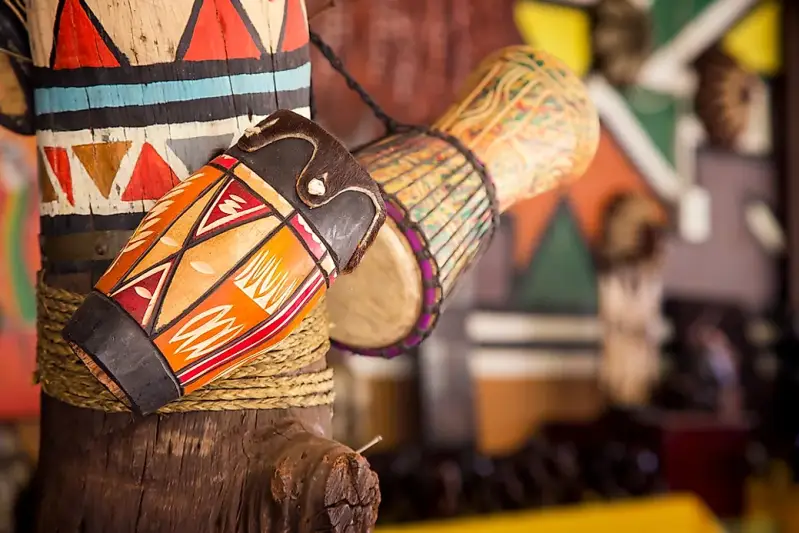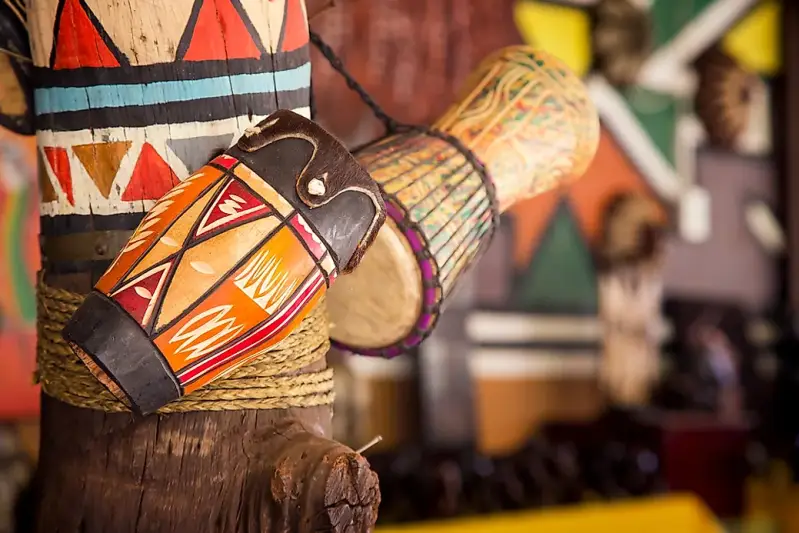
Cultural Heritage:
A Proud African Perspective in a European Context.
Cultural Heritage:
A Proud African Perspective in a European Context.
As a proud African, specifically from the Yoruba region of Nigeria, my cultural heritage is an intrinsic part of my identity. It informs how I perceive the world, navigate my experiences, and maintain connections with both my roots and my present environment. Living in Europe as a Nigerian, I’ve come to realise that cultural heritage isn’t just about where we come from; it’s also about how we carry those origins into the future. ....Kayode Gomes


Kayode Gomes
Growing up and traveling around Nigeria, I was surrounded by the richness of Nigerian traditions. The Yoruba people, one of the largest ethnic groups in Africa, have a deep, vibrant history that spans centuries. Our language, customs, music, dances, and religious practices are all imbued with layers of meaning and symbolism that reflect a way of life grounded in community, spirituality, and respect for nature and the ancestors.
The Yoruba Legacy
The oral traditions of the Yoruba, such as Ifa divination and the folktales passed down from generation to generation, have always been a source of wisdom and guidance. These stories aren’t just entertainment—they are moral compasses, giving us frameworks to address contemporary challenges while remaining connected to our past.
The Role of Heritage in Modern Identity
Living in Europe has given me a unique vantage point. Here, cultural heritage is often displayed in museums or celebrated in curated festivals, a stark contrast to how culture in Nigeria is embedded in everyday life. While I admire and support the effort to preserve African history in Europe, I sometimes feel that what’s presented lacks the full vibrancy and lived experience of being African. It’s not enough to display our masks, sculptures, or garments in glass cases; our heritage is dynamic, living through language, dance, cuisine, and the way we interact with each other.
However, I have also learned the importance of representation. When I encounter African cultural exhibitions or events in Europe, I make a point to engage, not just as a visitor but as someone whose identity is tied to what’s being represented. Sharing the African heritage in such spaces is both a responsibility and an honor. It’s a way to remind the world that African cultures, including Yoruba, are neither monolithic nor static but are ever-evolving, rich with diversity and depth.
Navigating Duality: Between Africa and Europe
The experience of navigating life between Africa and Europe has shaped how I see cultural exchange. I’ve learned to embrace the duality of my identity—deeply African, yet influenced by the European context I now reside in. Here, I find myself both preserving and adapting my heritage. Whether it’s enjoying traditional Nigerian meals for European friends or participating in Culture events with the Nigerian/African diaspora, I find ways to maintain my roots while also being open to new influences.
What’s been particularly fulfilling is the way European communities have embraced aspects of African culture, from music to fashion to art. Afrobeat, a genre pioneered by the legendary Fela Kuti, has become a global phenomenon, and African fashion is gaining recognition on international runways. These developments affirm that our heritage, far from being limited to the African continent, is shaping the broader global culture.
Preserving Cultural Heritage for Future Generations
Yet, there is an underlying concern about cultural dilution or misrepresentation. As the world becomes more interconnected, there is a risk that the nuances of Nigerian culture—and African cultures at large—might be lost or commercialized in ways that strip them of their deeper meanings. It’s why I feel a responsibility to pass down these traditions to future generations, especially those born outside the continent of Africa.
Language plays a crucial role in this. Yoruba, with its proverbs, idioms, and tonal beauty, is a repository of our values and worldview. Ensuring that children of African descent, no matter where they are in the world, can speak and understand at least one common African language is one of the most powerful ways to keep the culture alive. Moreover, teaching them the significance of our festivals, traditional music and food helps them stay rooted, even as they grow up in different cultural environments.
A Global Perspective on Heritage
Living in Europe as a Yoruba Nigerian has deepened my appreciation for the resilience and adaptability of my heritage. I see it as a bridge connecting the past to the present and the future, crossing borders and bringing communities together. For me, my cultural heritage is not something to be left behind in Nigeria; it’s something I carry with pride, wherever I go.
As I engage with European society, I do so with the understanding that my heritage is a treasure, one that enriches not just me, but the global community. It’s a reminder that, in a world that is increasingly homogenised, there is strength in diversity—and that the stories of Africa are integral to the tapestry of humanity.



Add comment
Comments